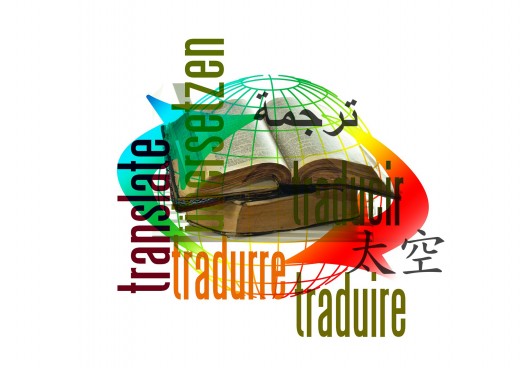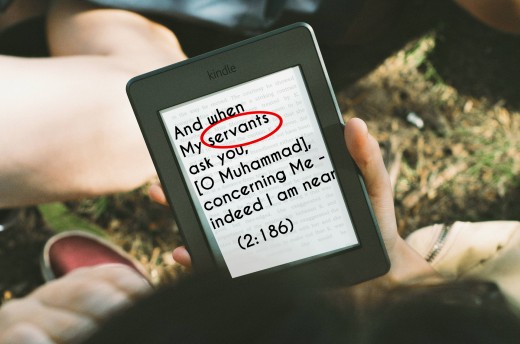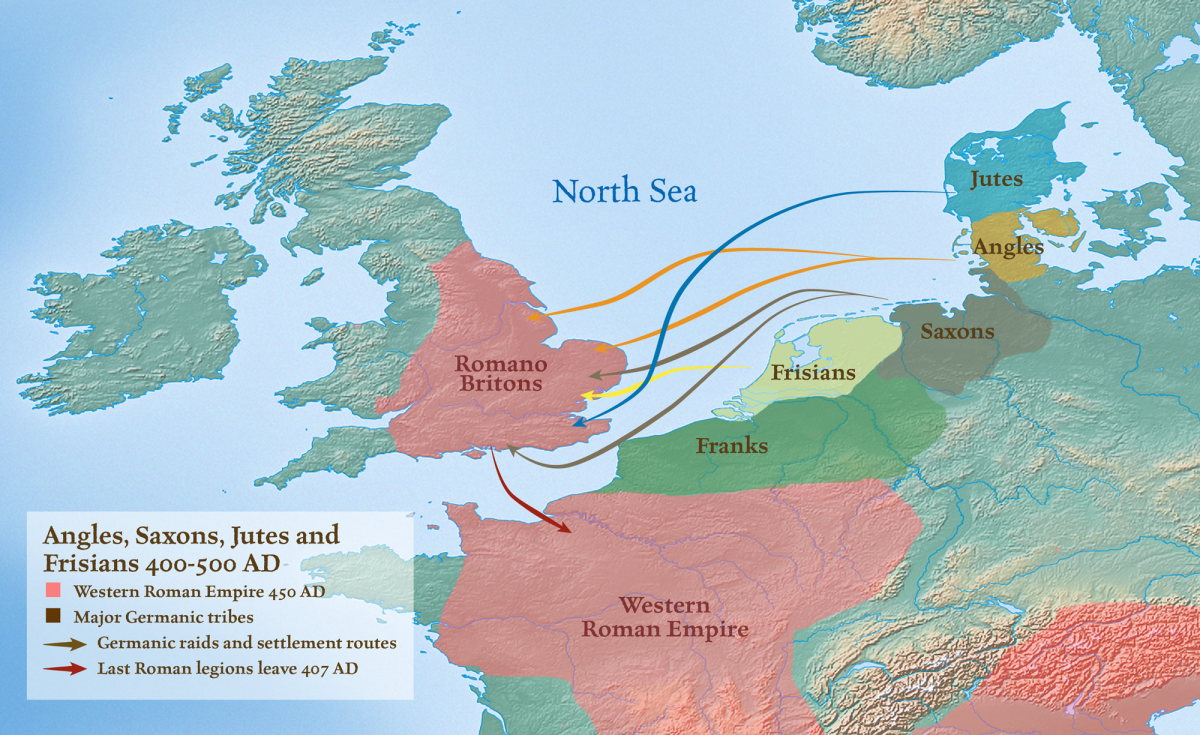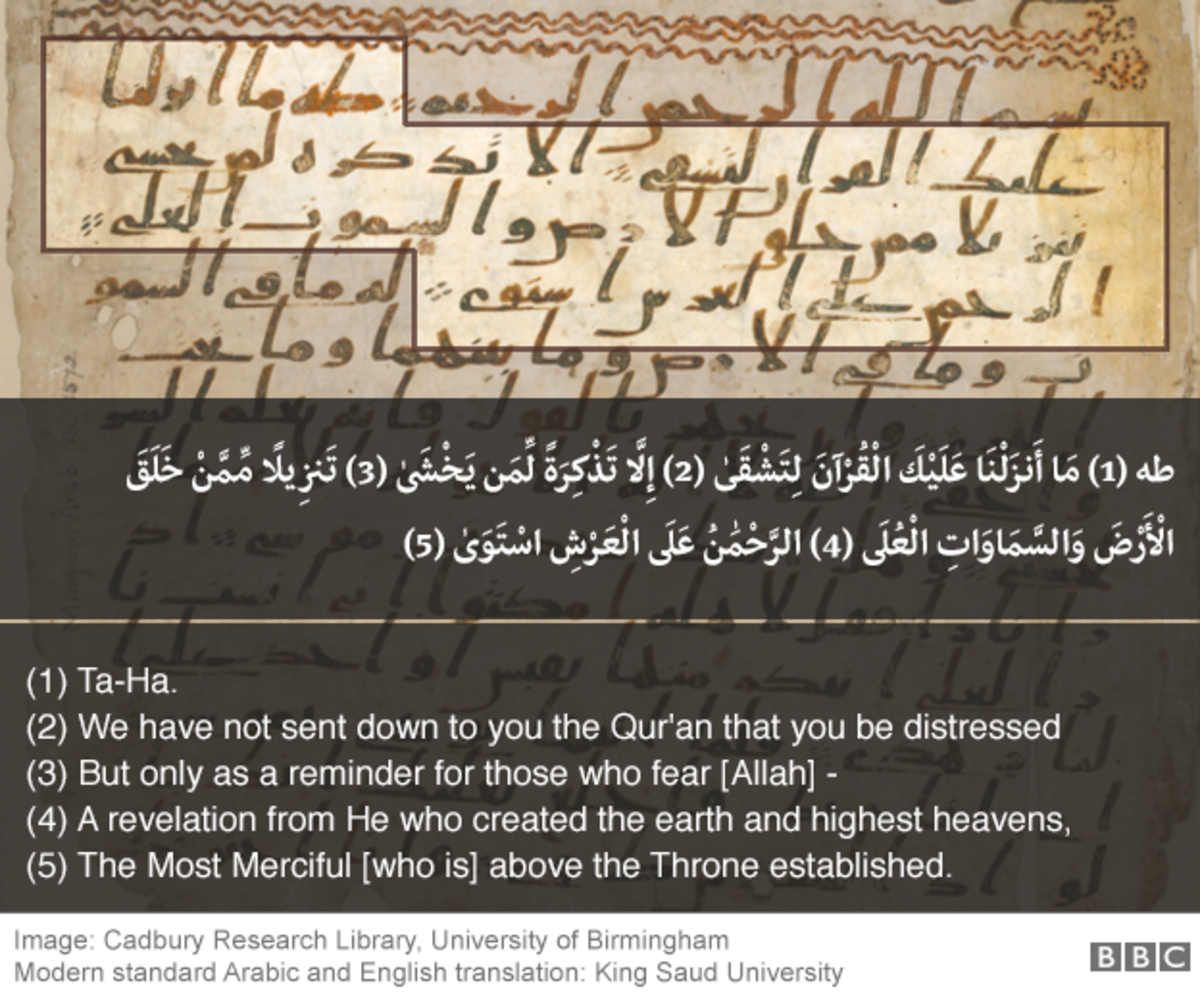Untranslatability

General problems of translation:
There is no guarantee that you will gain the utmost benefit of any translated article or book, as this depends on the translator’s skills versus the complexity and depth of the original document. Some words or expressions are neither entirely translatable nor entirely untranslatable; and sometimes, translation becomes a very tough job due to the limitations of the language, not to mention the translator's knowledge of the languages in question.

Evaluating the English translation of the Quran
The Holy Scriptures are definitely the deepest, fullest and the richest of all texts, so is it possible to efficiently and accurately translate or interpret it?
As to the holy Quran, to some including myself, is the only sacred script that is still available to us today in its original language and format in which it was revealed. And because Arabic, the language of the Holy Quran is my native language, I will answer the previous question by focusing on the multiple English translations of Quran.
In this review, I’m not including those translations that are made intended to distort and falsify God’s words; however, I have to mention the gross mistakes like adding titles to the Quranic texts that ultimately change its meaning. R. Blachere, for example, in his well-known translation (pub. Maisonneuve et Larose, Paris, 1966, page 115) inserts a title that is nowhere mentioned in the Holy Quran which is: (Obligations de la guerre sainte ), “Duties of the Holy War”[1]. Yet in Islam, we have no such term, we only have legitimate war which enables Muslims to defend themselves and fight back aggression.

The translated version of the Quran loses eloquence, rhythmic beauty, style and elegance
Because of the miraculous style of the original Quranic language, anyone can easily distinguish it from any other Arabic text including the Ahadeeth (teachings of the Prophet). However, this is not the case when reading any English translated version. Even Western authors sense the fineness of the original language of the Quran. Professor A. J Arberry, a respected British orientalist stated: “The Koran undeniably abounds in fine writings; it has its own extremely individual qualities; the language is highly idiomatic, yet for the most part delusively simple; the rhythms are inseparable features of its impressive eloquence, and they are indeed inimitable.” [2] He also stated:” I have conceded the relevancy of the orthodox Muslim view… that the Koran is untranslatable” [3] And the Arabist A. Guillaume quoted: “The Quran is one of the world’s classics which cannot be translated without grave loss. It (the Holy Quran) has a rhythm of peculiar beauty and a cadence that charms the ear. Many Christian Arabs speak of its style with warm admiration, and most Arabists acknowledge its excellence… indeed it may be affirmed that with the literature of the Arabs, wide and fecund as it is both in poetry and in elevated prose, there is nothing to compare with.”[4]
More limitations of the English Translation of the Quran
We have to put into account that translation doesn’t necessarily reflect the meaning of the verse, however, it only depicts the translator’s understanding and view of the verse which sometimes causes enormous errors and some instances it restricts the meaning. For some of the Quranic words and phrases have different meanings and miraculously all the possible meanings could be valid in the same verse. For example, there is a phrase in verse number 272, in Chapter 2 that is translated to : (Not upon you (Muhammad) is their guidance, but Allah guides whom He wills.) However, in Arabic the phrase says:
﴿لَّيْسَ عَلَيْكَ هُدَاهُمْ وَلَكِنَّ اللَّهَ يَهْدِي مَن يَشَاء.. ﴾ .." (البقرة، آية 272)
Thus it holds also another meaning which is (Not upon you (Muhammad) is their guidance, but Allah guides anyone who wills to be guided.) So you see, God’s will and human’s freewill are both highlighted in the Arabic verse which is not the case in the English translations.
Additionally, there are some words in the Arabic language that have no equivalent in English, like for example the word “Ebad” "عباد " which is stated many times in the Quran. This word is translated in English into “servants” or “slaves”. And this, of course, degrades those who are referred to, however, the original word in Arabic honors them for the word “Ebad” is referred only to obedient believers.
The word (servants) in Arabic means (khadam) خدم and the word slaves in Arabic means (Abeed) عبيد . Then why should translators use these words when translating the original word “Ebad”? I think the reason is that the singular word of (Abeed) which means slaves is the same as that of the Quranic word (Ebad) which has no equivalent in English. However, I am going to state the difference between the meaning of the two words as explained by the great Muslim scholar Sheikh Sharawy. Slaves usually are compelled to be oppressed, however, the (Ebad) obey God willingly and all heartedly. Slaves suffer from their loss of freedom, however, (Ebad) are liberated from any fear of power, as they know deeply at heart that everything is governed by God. Slaves usually are exploited and abused by their masters, however (Ebad) take the blessings of God without return. Slaves are humiliated while (Ebad) are dignified.[5]
An example of a mistranslated word

Final Words
Certainly, I’m not trying to discourage people from reading the translated holy messages. For reading the message through the understanding of the translator and the limitations of the language in question is better than not reading at all. I only meant to shed the light on the importance of striving to read the original holy texts. Indeed, It is a noble quest to avoid the misunderstanding that may be due to even the slightest error of punctuation and gain the full benefit of every phrase, every word, every letter of the divinely message.
References
[1] Dr. Maurice Bucaille, The Bible, The Quran and The Science, Darulfikr, Pakistan, Page 114
[2] Dr. Laurance B. Brown, Goded, Chapter 4, Evidence #2, Dr.Laurance B. Brown, 2007, Page 41
[3]Dr. Laurance B. Brown, MisGoded, Dr.Laurance B. Brown, 2010, Page xii
[4] Dr. Laurance B. Brown, Goded, Chapter 4, Evidence #2, Dr.Laurance B. Brown, 2007, Page 42
[5] it is worth mentioning that it is not Islam that humiliates servants, on the contrary, good persons are always dignified and loved regardless of their race, color age, fortune, work or gender, however, it is man's limited vision and ego that discriminates.







